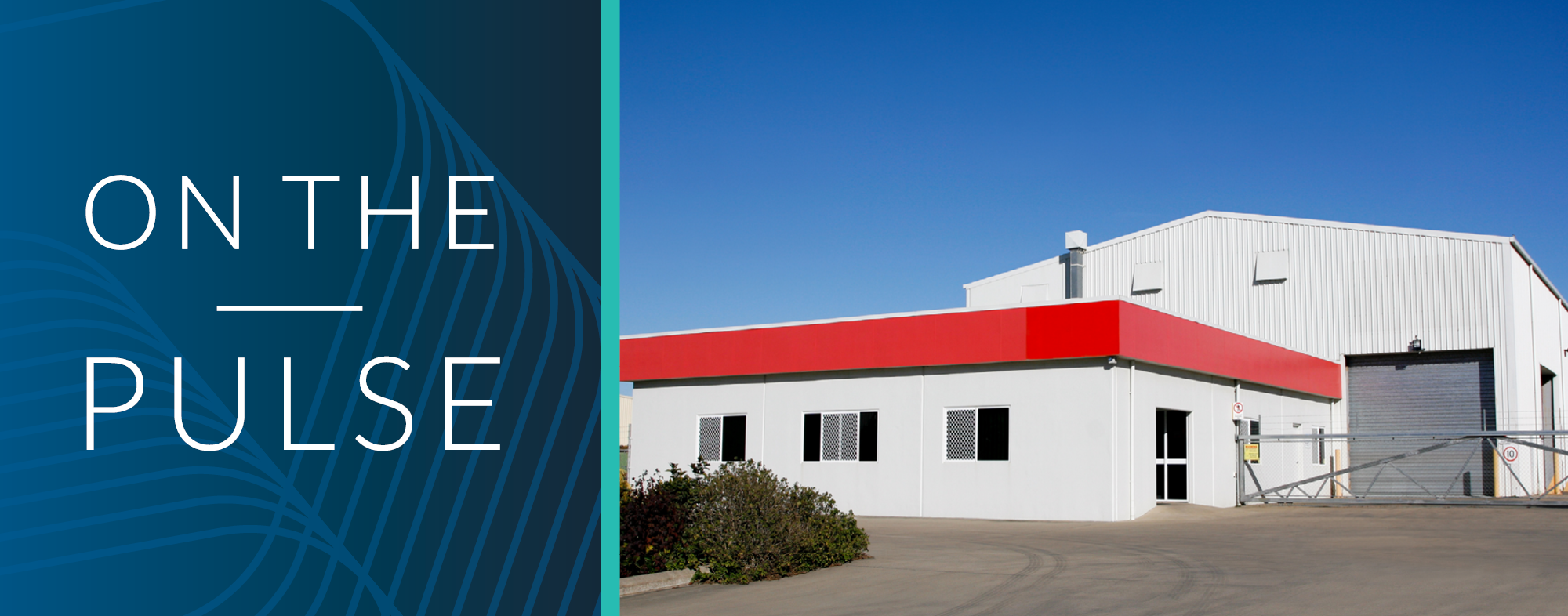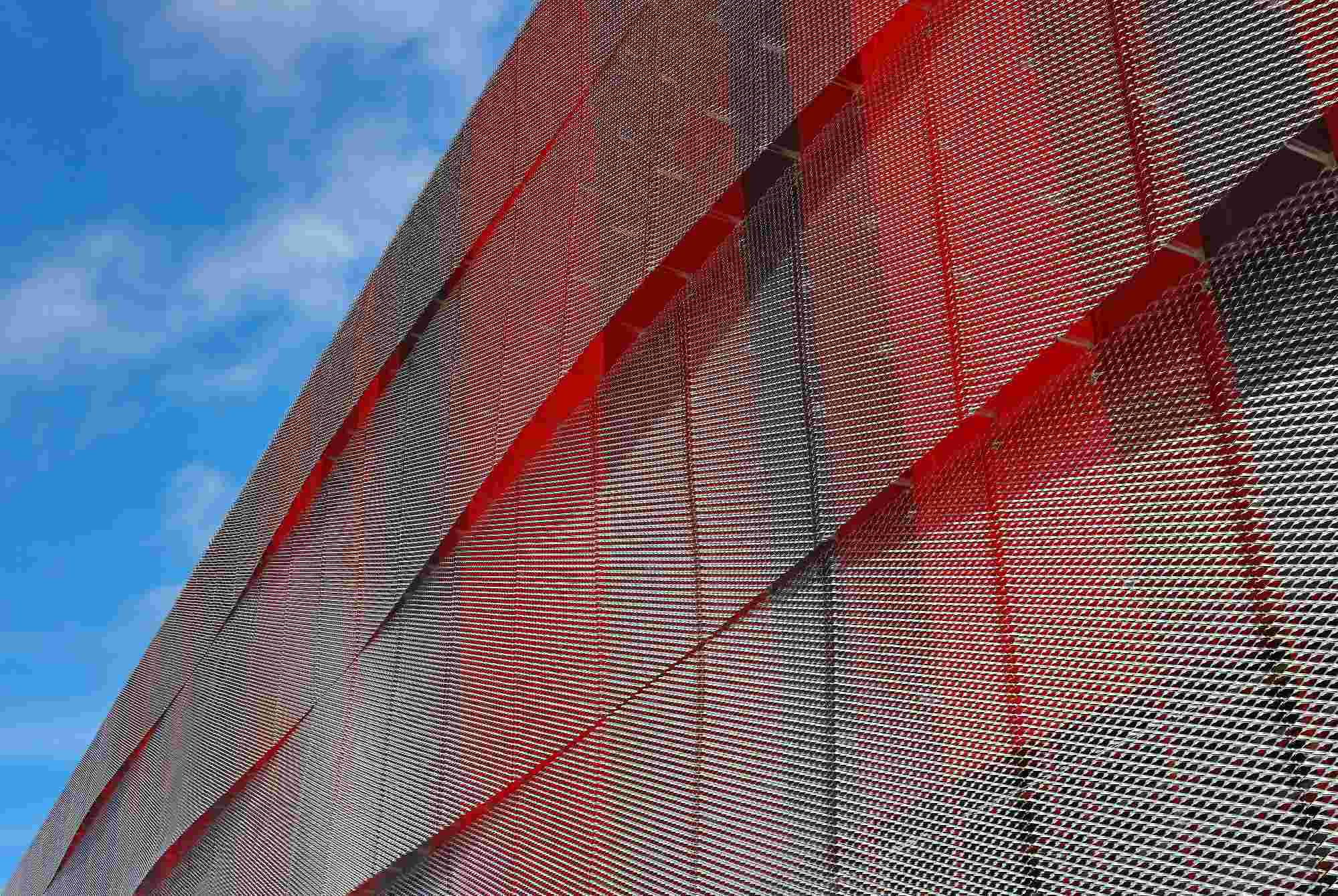NDIS SDA: Key Insights for Investors, Developers, and Lenders
Newsletter

Author: Doug Shorten
The National Disability Insurance Scheme (NDIS) is an essential service for more than 550,000 people with disabilities in Australia, providing recipients with greater control and choice in the support they receive.
SDA (Specialist Disability Accommodation), a fundamental element of the NDIS, offers living arrangements for those with severe functional disabilities or extensive support requirements. SDA properties are designed to suit the needs of people with extreme functional impairment or high support needs.
Under the SDA program, funding is used for housing, not services or supports. Its aim is to help to stimulate investment in high quality dwellings suitable for participants by the private sector, which is able to react and supply the market quicker than through traditional government provided accommodation.
The SDA requirements and obligations are set by legislation and a number of NDIS documents which include the National Disability Insurance Scheme (Specialist Disability Accommodation) Rules 2021.
In 2024, the Australian Government intends to respond to the Independent Review commissioned in late 2022 and delivered in late 2023. The Independent Review “Working together to deliver the NDIS” report, made 26 recommendations with 139 actions to change the system that supports people with disability.
While it is difficult to predict which recommendations will be incorporated into the policy, a number of the recommendations will have a direct impact on the SDA sector, if adopted such as the proposed removal of the Improved Liveability design classification. There is significant political and funding pressure to ensure the NDIS remains sustainable over the long term and is likely to be a significant driver in terms of what is adopted by the government.
Independent, supported living
One of the primary objectives of the NDIS is to foster autonomy for individuals with disabilities. Changes to the SDA framework should further support this goal, such as increasing the number of independent living properties, such as apartments or townhouses, rather than group homes. This will give people with disabilities more options for independent living arrangements, as well as opening up the pool of potential SDA investments for the future.
Locational access
Currently, there is a shortage of SDA properties in some areas, particularly regionally, making it difficult for people with disabilities to find suitable housing. The Federal Government response may look to increase the number of SDA properties in key locations, as well as expanding the types of properties that are eligible for SDA funding.
Quality Standards
SDA Design Standards came into effect from 1 July 2021 ensuring compliance with design requirements and SDA provider confidence in the accommodation provided.
All dwelling applications for NDIS funding must be accompanied by a design standard certification, undertaken by an accredited third party SDA assessor, who is to be engaged at both the design stage and upon completion of the SDA accommodation.
Affordability
The issue of housing affordability transcends all sectors of the housing market, however the cost of disability-compliant properties can be especially prohibitive for those with disabilities. Any changes to the funding and pricing structure of SDA properties should ensure they remain accessible to those who need it most.
An investment for good
Investing in SDA is becoming increasingly popular due to its high return potential and government support. For investors, the rental revenue from SDA can be up to three to four times higher than the typical market rent rate for standard residential accommodation. Notwithstanding the asset class is subject to various specific and potentially significant risks, which investors must be aware of prior to entering the market.
Key risks for SDA accommodation include, but not limited to, no revenue if a participant is not in place within the accommodation, assessing the quality of the provider and considering the line of sight between the landlord/investor and eventual participant. The sector is also relatively immature, with somewhat of an unproven secondary market, whilst a broad range of lease conditions and management agreement conditions must be considered.
Although the requirements for SDA-compliant homes are strict, leading to increased building costs, the demand for such homes is projected to remain heightened in the medium term. The Federal Government has therefore provided incentives for private investors to assist in delivering the increasing volume of Specialist Disability Accommodation required.
With ongoing Federal Government support and rising demand, SDA accommodation will likely remain a popular investment moving forward however is subject to ongoing change and investment fundamentals specific to the asset class.
Valuing Specialist Disability Accommodation (SDA) assets requires valuation professionals with comprehensive knowledge and experience of this specialist property market. Our certified valuers use a combination of local knowledge and our global data-based insights to accurately determine the yield or return of SDA investments, taking into account the higher rent income they can generate compared to regular investment portfolios however balanced with consideration for the various risks involved.
For more information about NDIS and SDA valuations, visit our webpage or contact one of our specialist property valuation team members today.
Doug Shorten
Head of Department - Social Infrastructure
0418 991 077
doug.shorten@opteonsolutions.com









